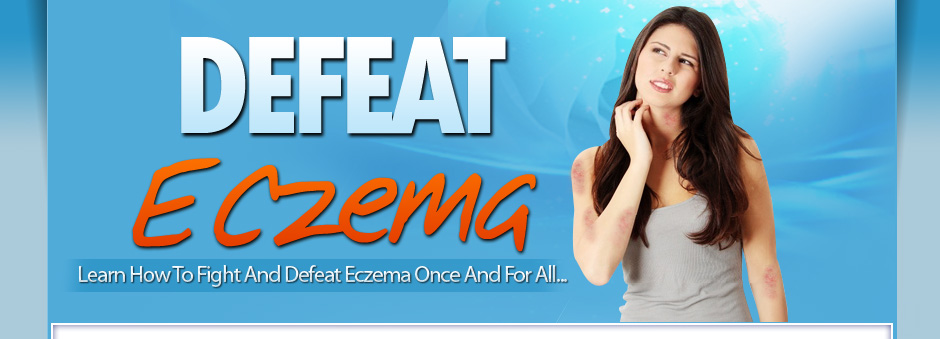Were you recently diagnosed by a physician or do you have
all the classic signs and symptoms of eczema?
It is nice to have a name for the skin condition, but what comes next?
Were you recently diagnosed by a physician or do you have
all the classic signs and symptoms of eczema?
It is nice to have a name for the skin condition, but what comes next?
Work on determining your eczema cause. Unfortunately, this can be a long and
difficult process. It is one that is
best done through trial and error. Eczema
has many causes. Some individuals experience
an outbreak after contact with certain chemicals, like those found in laundry detergent
and makeup. Other experience an outbreak
after skin contact is made with allergens, such as pet dander, dust, and mold.
One of the best ways to determine your eczema cause is to
keep a journal. Log your daily
activities and each outbreak. What were
you doing right before? Were you dusting
or vacuuming your home? During this
time, dust, mold, and pet dander can get stirred up, making contact with your
skin. If you suspect you found your
trigger factor, you must take steps to avoid it.
Seek immediate relief.
As previously stated, stopping eczema at the source can take time and
lots of trial and error. You don’t want
to wait days, weeks, or even months to seek relief; you want it now.
One of the best ways to seek immediate relief from eczema is
to moisturize. Dry skin is the leady
cause of itching. You can treat dry skin
with moisturizer. The format, cream or
lotion, should depend on your own personal preference. It is best to apply moisturizer throughout
the entire day; however, it is most important immediately following a shower or
bath.
Antihistamines and anti-itch creams can also prove
effective. Anti-itch creams are topical
and should be applied carefully and only to the area you want to treat. Antihistamines are designed to treat
allergies, which can actually be a cause of eczema. They help stop the itch, as well as clear up
rashes and hives.
Seek support if you need it.
Getting an eczema diagnosis has its pros and cons. You now have a name for your condition, but
there isn’t an immediate cure. Dealing
with eczema can be a long struggle. If
you have difficulties and do not have a strong support system at home, it is
best to seek the support of other eczema sufferers. You can find many support groups and forums
online.
Treating your eczema is a step in the right direction, but
don’t you want permanent relief? New
research shows that all-natural methods, such as Eczema Free Forever, have
proven successful. Get more information
at EczemaFreeForever

+ad5.jpg)
+ad1.jpg)
+ad4.jpg)
+ad2.jpg)
+ad3.jpg)